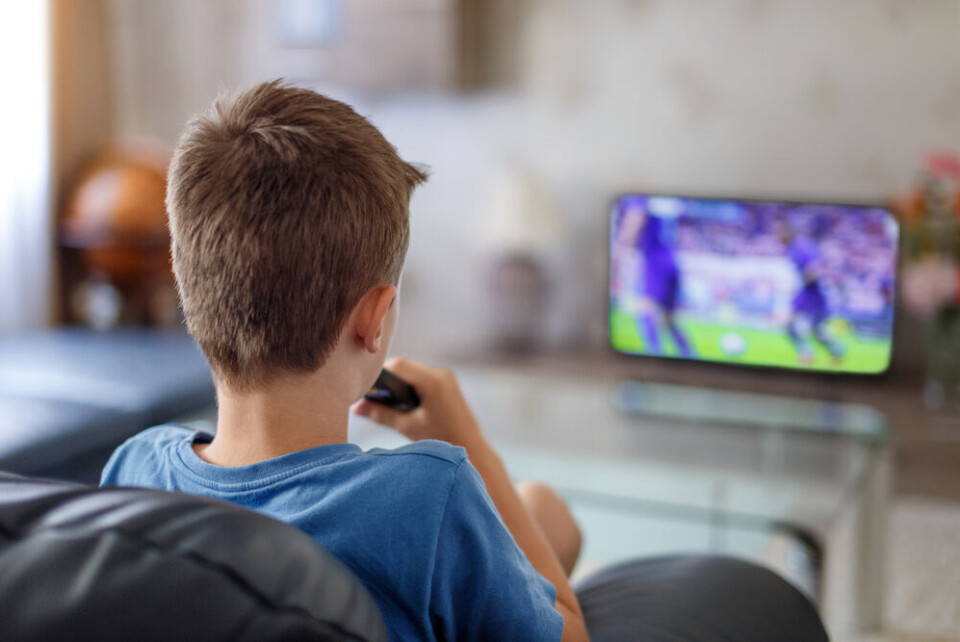-
Which fruits, vegetables and fish are in season in France this April?
Strawberry season begins, compensating for end of winter vegetables
-
Why are drivers in France increasingly getting speeding fines without being ‘flashed’?
Here is why you may have received an unexpected fine in the post
-
Marine Le Pen appeal decision should be given in summer 2026, says court
It comes as the RN leader continues to maintain her ‘innocence’ and right-wing politicians have called her conviction ‘an attack on democracy’
France's young must improve sport ready for 2024 Paris Olympics
French education minister concerned about effects of screen time on health in country ranked 119th by the WHO for physical activity among young people

France's Minister of Education, Youth and Sport said the country had "a weaker sporting tradition than others", addressing the nation as Tokyo handed over the Olympic baton to Paris at the weekend.
Jean-Michel Blanquer later highlighted the challenges associated with young people maintaining an active lifestyle due to the effects of screen time.
In its study published in 2019, the WHO placed France behind Pakistan, Kenya and the United States in ranking it 119th out of 146 countries for physical activity among young people.
The research showed 87% of young people in France aged 11 to 17 were getting less than an hour’s daily exercise in 2016, compared to 81% globally.
Among western countries, only Italy, Australia and New Zealand fell behind France.
More importance was being placed on other subjects at schools, one of the doctors behind the study, Regina Guthold told Franceinfo.
"I know that children go to school from morning to evening in France. They come home, they have homework to do. How can they do an hour of physical activity every day if the whole day is full?" she said.
The issue of whether or not screens are hampering physical activity among young people is open to debate.
A report by the French High Council for Public Health, also published in 2019, said the findings of various studies offered no consensus.
"While exposure to screens does not directly replace physical activity, studies show that in a causal relationship, adolescents who are already inactive are the ones who spend the most time using them", it said.
























